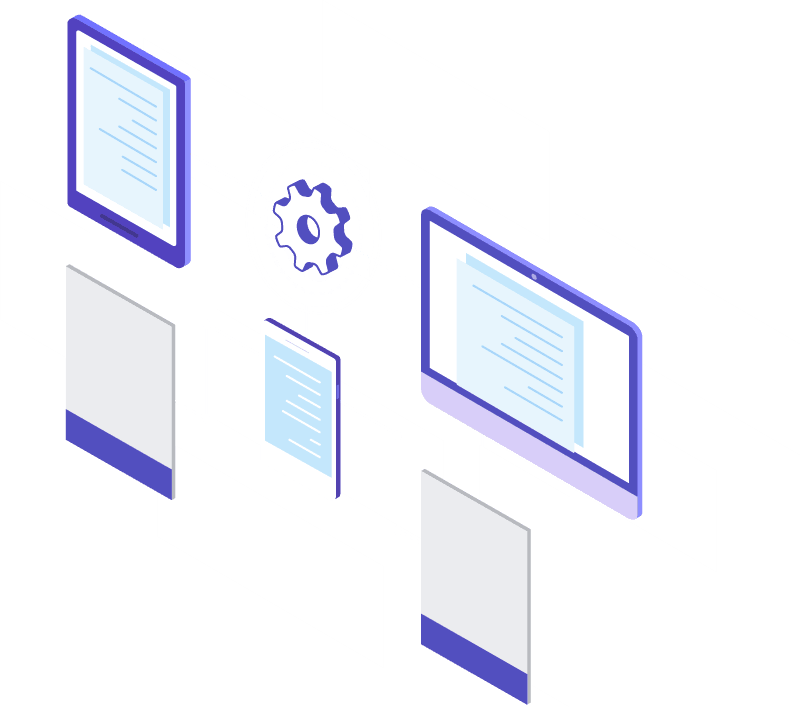Data Analysis Course 30 hours
At Connect IT Career, our Data Analytics course equips you with the skills needed for entry-level data analyst positions. Effective data analysis helps organizations make informed business decisions, and in today’s world, businesses constantly gather data through surveys, online monitoring, marketing analyses, subscriptions, and social media. In this course, students will engage in hands-on projects, applying data analysis techniques to real-world data sets. Whether you’re a beginner or a professional looking to enhance your skills, by the end of the course, you’ll have a solid foundation in data analytics to drive data-informed decisions.

Database and why relational database?
- Reading Material: History of Databases & NoSQL Database Choosing the Right RDBMS
- Installation of the software (Windows and Linux)
Introduction To TSQL and Azure Data Studio
- • History and Features of TSQL
• Types 0f TSQL Commands
• Data Definition Language (DDL) – Create, Alter and Drop
• Data Manipulation Language (DML) – Insert, Delete, Update, Truncate
• Data Query Language (DQL) – Select
• Data Control Language (DCL) – Grant and Revoke
• Transaction Control Language (TCL) – Rollback, save point
• Constrains (Not Null, Unique, Default, Check constraints,
Primary Key and Referential Integrity or foreign key constraints
• Data Types In TSQL
• Clauses
Where, Group by, Having and Order by
Scalar Functions
• Numeric Functions
• Date Functions
• Aggregate Functions
• Super Aggregates Over (partition by …) Clause
• Ranking Functions
• Common Table Expressions (CTE)
Joins
- Self Join
- Left Join
- Right Join and full outer join
Single Row Sub Queries
- Multi Row Sub Queries
- Co-Related Sub Queries
- Clustered Index
- No Clustered Index
- Create, Alter and Drop Indexes
- Using Indexes
- Purpose of Views
- Creating, Altering and Dropping Indexes
- Simple and Complex View
- Encryption and Schema Binding Options in creating views
Transaction Management
- Introduction
- Begin Transaction
- Commit Transaction
- Rollback Transaction
- Save Transaction
Cursor
- Working with Cursors
- Types of Cursors
- Static, Dynamic and Keyset Cursors
- Local and Global Cursors
- Stored procedure
- Creating, Altering, and Dropping
- Input and Output Parameters
User-Defined Functions
- Creating, Altering, and Dropping
- Types of User-Defined Functions
- Table Valued Functions
- Inline Table-Valued Functions
- Multi Statement Table Valued Functions
Trigger
- Purpose of Triggers
- Differences Between Stored
- Procedures and User-Defined
- Functions and Triggers
- Creating, Altering and Dropping Triggers
Python Basics
- Introduction to Python
- Python Installation
- Interpreters’ vs Compilers
- Integrated Development Environments (IDES) (Notebook, VS code, Azure Data Studio etc.) Basic concepts
Types of Operators
- Python Arithmetic Operators
- Python Comparison Operators
- Python Assignment Operators
- Python Bitwise Operators
- Python Logical Operators
Python Data Types
- Variables
- Assigning Values to Variables
- Multiple Assignment
- Python Numbers
- Python Strings
- Accessing Values in Strings
- String Special Operators
- String Formatting Operator
- Triple Quotes
- Built-in String Operations
Python Lists
- Accessing Values in Lists
- Updating Lists
- Delete List Elements
- Basic List Operations
- Indexing, Slicing, and Matrixes
- Built-in List Functions & Methods
Python Tuples
- Accessing Values in Tuples
- Updating Tuples
- Delete Tuple Elements
- Basic Tuples Operations
- Indexing, Slicing, and Matrixes
- No Enclosing Delimiters
- Built-in Tuple Functions
Python Dictionary
- Accessing Values in Dictionary
- Updating Dictionary
- Delete Dictionary Elements
- Properties of Dictionary Keys
- Built-in Dictionary Functions & Methods
Loops and Decision Making
- if statements
- if..else statements
- nested if statements
- while loop
- for loop
- nested loops
- Loop Control Statements
- break statement
- continue statement
- pass statement
Functions
- Defining a Function
- Calling a Function
- Pass by reference vs value
- Function Arguments
- Required arguments
- Keyword arguments
- Default arguments
- Variable-length arguments
- The return Statement
- Scope of Variables
- Global vs. Local variables
Basic OOPs Concept
- Creating class in Python
- Documented String
- Private Identifier
- Constructor
- Inheritance
- Polymorphism
- Decorator, Iterator and Generator
Anonymous Function
- Lambda
- Map
- Filter
- Reduce
File Handling
- Create
- Open
- Read
- Write
- Delete
- Append
- Others
Anonymous Function
- Lambda
- Map
- Filter
- Reduce
Data Analysis with Python
- NumPy.
- Pandas
- Matplotlib
- Seaborn
- Explanatory Data Analysis
Ready to get started?
Get in touch
